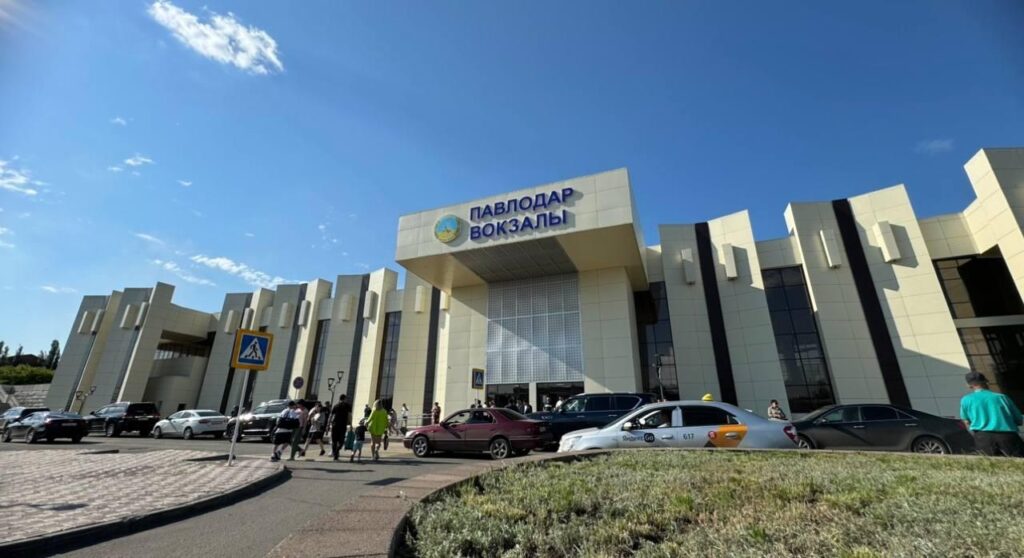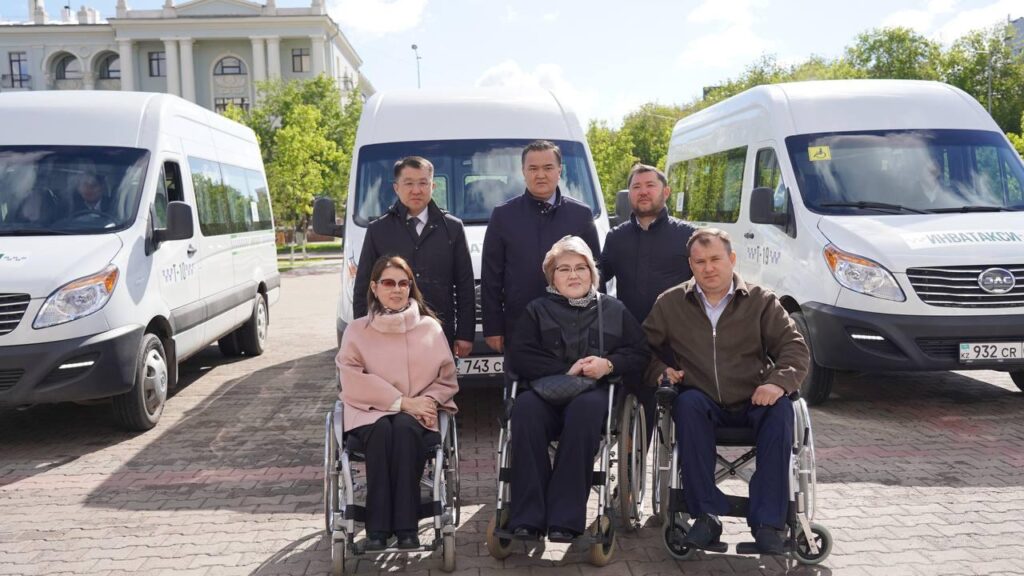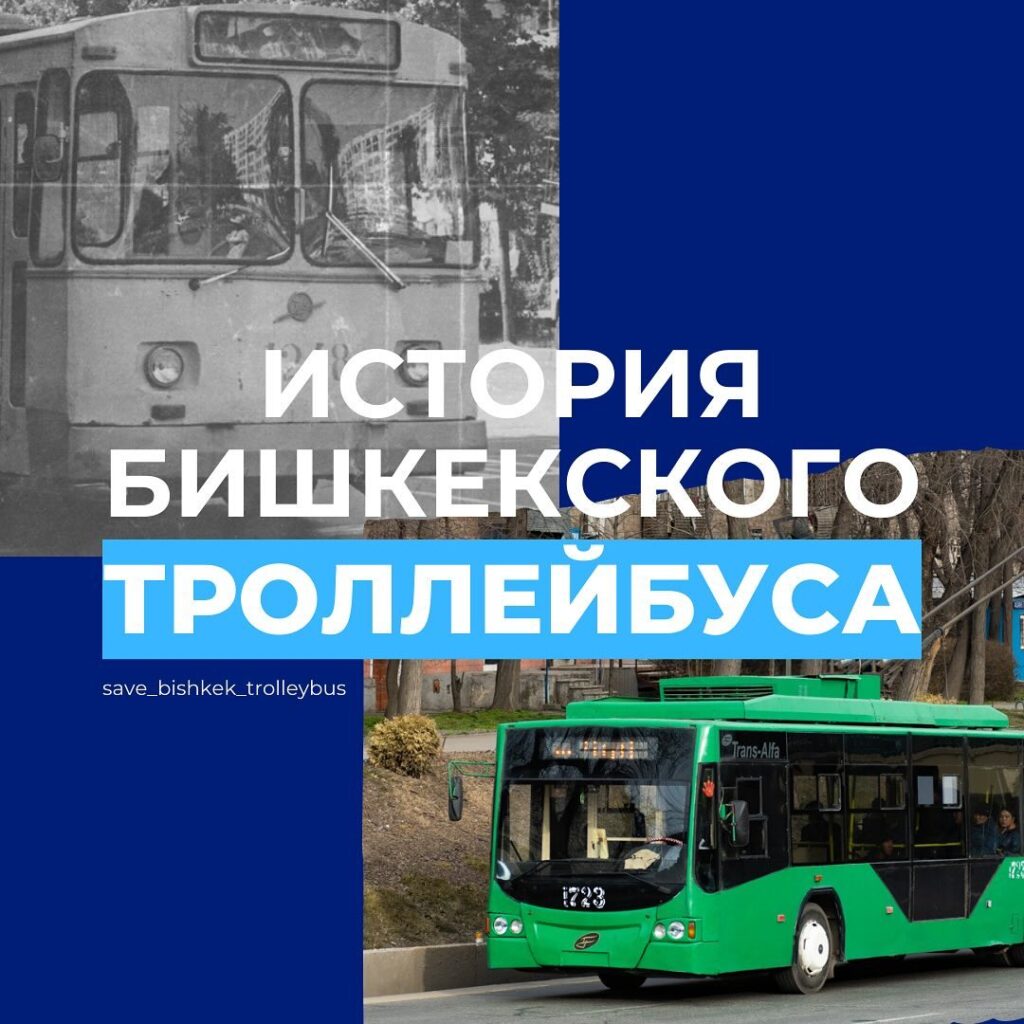Viewing results 1 - 6 of 5
As part of a scheme to update its fleet of passenger railway carriages, Kazakhstan is set to increase its volume of ‘Invacarriages’, specially adapted to cater for travellers with special physical needs and impaired mobility. The Kazakh Ministry of Transport has announced that 14 carriages designed for the comfort of passengers in the sector, will be purchased this year, adding to the seven already operating on the Kyzylorda – Semey, Pavlodar – Turkestan, and Aktau – Aktobe routes. In 2023, 11 Invacarriages were commissioned and today, Kazakhstan boasts 110 trains with specialized carriages for passengers with impaired mobility. Manufactured to safety standards in Kazakhstan, the Invacarriages offer more space for the free movement of wheelchairs, lifts, and alarm buttons. In addition to the train carriages, Kazakhstan is also expanding its fleet of Invataxis; specially adapted minivans equipped with wheelchair-friendly hydraulic lifts. This year alone, the number of Invataxis operating in the capital, Astana, has risen by 26 to 145, and a total of 119 Invataxi services with the combined fleet of 760 vehicles, currently operate in the country’s regions.
Kazakhstan’s Ministry of Transport has announced the completion of major renovation of railway stations in the southern city of Shymkent and the northern city of Pavlodar. Built in the 1960s, Shymkent railway station, used daily by several thousand passengers , had been in need of attention for some 20 years. Following major reconstruction, the building has been furnished with a new and attractive façade, an additional entrance from the city side and another exit from the platform. The number of ticket offices has increased from six to eight and coupled with extensions to the overall area, the station now has the capacity to serve 6 thousand passengers a day. Renovation of Pavlodar’s forty-year-old station, last repaired in 2004-05, was also completed this year. Lighting, ventilation, water supply and heating systems have been replaced, and both the ticket offices and old stained-glass windows, refurbished. New facilities include a storage room and pharmacy as well as elevators and lifts to aid access for travellers with mobility issues. In addition to a communal waiting room, the station boasts a separate room for women as well as a children’s play area. In Kazakhstan, a country the size of Western Europe, railways remain an important and relatively cheap mode of transport for both locals and tourists alike.
On 28 May, Kazakhstan Transport Minister Marat Karabaev and Astana’s Mayor Zhenis Kasymbek attended a demonstration of advantages afforded to citizens with special physical needs and impaired mobility by vehicles adapted to serve their needs. Back in 2008, the Saby Charitable Foundation provided 16 Kazakh cities with a fleet of 62 Invataxis. Equipped with wheelchair-friendly hydraulic lifts, the specially adapted minivans have long facilitated travel for adults and children, opened up opportunities for work and study, and contributed towards their social integration. Since then, the Ministry of Transport in collaboration with local executive bodies, has continued to expand the fleet across Kazakhstan and this year alone, the number of Invataxis operating in the capital has risen by 26 to 145. A total of 119 Invataxi services with the combined fleet of 760 vehicles currently operate in the country’s regions.
Uzbekistan’s Transport Ministry has announced plans to launch ten new international bus routes during this year. The new routes will connect Samarkand and Bukhara with Kyrgyzstan’s capital Bishkek; Bukhara with Kazakhstan’s capital Astana; Samarkand, Bukhara and Shakhrisabz with Turkestan in Kazakhstan; Samarkand and Bukhara with in Tajikistan’s capital Dushanbe, and Tashkent with Ufa and Krasnodar in Russia. Uzbekistan currently runs 196 buses operated by 32 domestic and foreign companies,on 37 routes to Russia, Kazakhstan, Kyrgyzstan, and Tajikistan. From January-April 2024, 173 thousand passengers travelled on international bus routes, 15% more than during the same period in 2023.
A campaign has been launched to prevent plans by the municipality of Bishkek to replace its trolleybuses with electric buses. According to a statement issued by the Bishkek municipality, “the issue of transferring trolleybuses along with their contact network and traction substations to the cities of Osh, Kara-Balta and Tokmok for their further operation there, is under consideration”. A key objection raised by the Save Bishkek Trolleybus campaign is that since the five proposed electric bus routes will simply replicate the existing trolleybus routes, the city will lose its existing network of environmentally- friendly public transport that introduced in the Soviet era, has been operating for many decades. The Save Bishkek Trolleybus has now launched an online petition to preserve its favoured mode of transport. According to the group behind the new initiative, the reason for abandoning the trolleybus network relates to the fact that one of the conditions of funding by the Asian Development Bank for electric public transport in Bishkek , was the replacement of trolleybus depots with new depots and substations to recharge electric buses. Kadyrbek Atambayev, leader of the Social Democratic faction in Bishkek’s City Council, argues that Bishkek’s trolleybus system should be developed, not eliminated. Regarding cost, he emphasizes that electric buses are four times more expensive than trolleybuses. The price of 100-120 electric buses along with charging stations is $50 million, while in 2017, 52 trolleybuses were purchased for 7 million euros. He also drew attention to the fact that operating batteries during Bishkek's cold winters would increase energy consumption and reduce the efficiency of electric buses. In his opinion, the liquidation of the trolleybus system would mean not only the loss of a convenient and affordable mode of public transport, but also the loss of a significant part of Bishkek’s cultural heritage.





